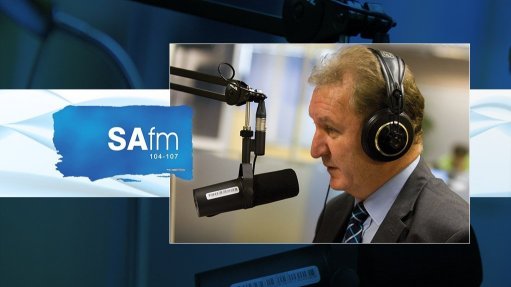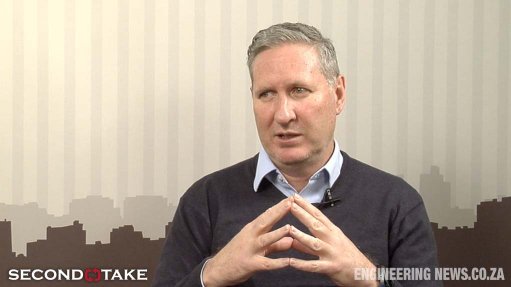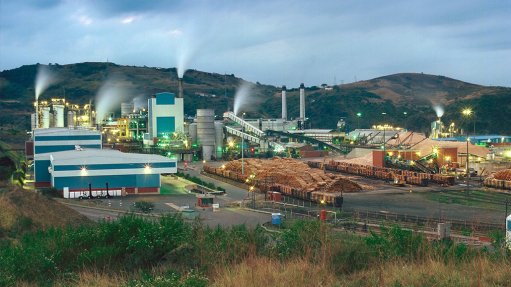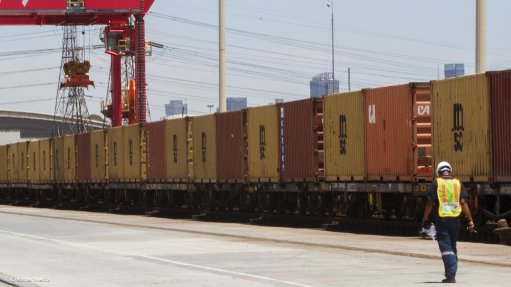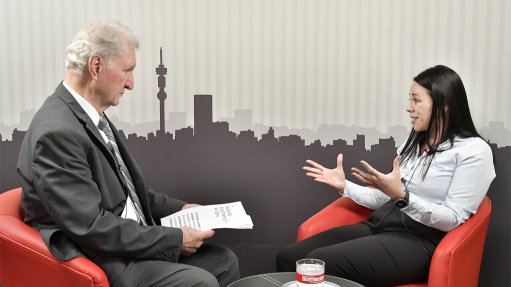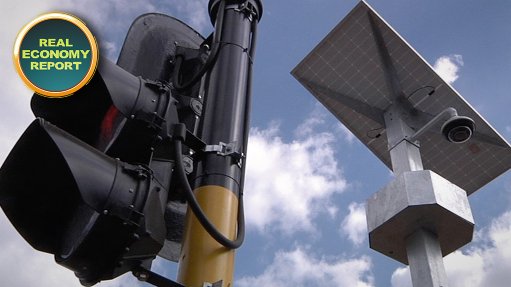Africa Day – 55 years on
As you read this piece, I am probably putting together the next instalment or doing whatever else my job description demands I should be doing each weekday. But colleagues in countries such as Ghana, Lesotho, Mali, Namibia, Zambia and Zimbabwe are probably braai-ing in their backyards or engaging in other activi- ties they yearn to do whenever they take a break from the daily grind of their eight-to-five jobs. This is because, unlike in South Africa, in these countries, today, May 25, is a public holiday marking the launch of the Organisation of African Unity (OAU) 55 years ago.
Of course, the OAU now resides in the realm of history, having morphed into the African Union (AU) in 2002. But Africa Day lives on and is still celebrated on the continent and by Africans in the diaspora.
The driving forces behind the transition from the OAU to the AU included the Pipe Smoking One (aka Thabo Mbeki), and the successor body’s commission was chaired by another prominent South African, Dr Nkosazana Dlamini-Zuma, from October 2012 to January 2017. Further, South Africa has played host to the Pan African Parliament, one of the AU’s key organs, since 2004. The Parliament serves as a platform for member countries to be involved in discussions and decision-making on the challenges facing the continent. Its long-term aim is to exercise full legislative powers.
But what do people in our neck of the woods know about the AU and the OAU before it?
The OAU came into being on May 25, 1963, in Addis Abba, the Ethiopian capital, with its inaugural members being 32 newly independent African States. It remained a major political force on the continent until the 1990s. Through its Tanzania-based Liberation Committee, it mobilised support in cash and kind for movements fighting against colonialism and minority rule in several African countries, including Mozambique, Zimbabwe, Namibia and South Africa.
As it morphed into the AU, the continental body pledged to work for democracy, human rights and development. While the AU’s report card for the past 16 years features both pluses and minuses, it is refreshing to note that its new head, Chadian Moussa Faki Mahamat, appears to be committed to a brand of democracy that is skewed in favour of ordinary people. I remember watching television footage of him in Harare in the aftermath of Robert Mugabe’s ouster by the army. He told his audience that he was happy about the ‘transfer of power’ that had taken place in the country. It later transpired Mugabe had protested in a private meeting with Mahamat about the manner in which he had been removed as President. But the AU chief would have none of that – for goodness sake, Mugabe had visited untold suffering on his own people for well-nigh four decades! With a leader like Mahamat, who can label the AU a ‘dictators’ trade union’, an accusation that was often levelled against the old OAU?
Mahamat was quite impressive when he addressed his first AU summit as chairperson of its secretariat. He did not beat about the bush in identifying the continent’s main challenges: rapid change in the world, which requires the AU itself to transform; dependence on force rather than consensus in peacekeeping efforts; poverty, exclusion, marginalisation and war, which are fuelling migration; member countries not speaking with one voice; and unwillingness by some countries to implement the AU’s adopted decisions.
One hopes that Nigeria’s Muhammadu Buhari was not dozing off when Mahamat mentioned the last point. Nigeria is one of the few countries that did not sign the agreement to create the African Continental Free Trade Area at an extraordinary summit held in Kigali, Rwanda, in March. The agreement commits countries to removing tariffs on 90% of goods, with 10% of ‘sensitive items’ to be phased out. It will also liberalise trade in services. Its proponents contend that it will improve regional integration and boost economic growth across the continent.
Comments
Press Office
Announcements
What's On
Subscribe to improve your user experience...
Option 1 (equivalent of R125 a month):
Receive a weekly copy of Creamer Media's Engineering News & Mining Weekly magazine
(print copy for those in South Africa and e-magazine for those outside of South Africa)
Receive daily email newsletters
Access to full search results
Access archive of magazine back copies
Access to Projects in Progress
Access to ONE Research Report of your choice in PDF format
Option 2 (equivalent of R375 a month):
All benefits from Option 1
PLUS
Access to Creamer Media's Research Channel Africa for ALL Research Reports, in PDF format, on various industrial and mining sectors
including Electricity; Water; Energy Transition; Hydrogen; Roads, Rail and Ports; Coal; Gold; Platinum; Battery Metals; etc.
Already a subscriber?
Forgotten your password?
Receive weekly copy of Creamer Media's Engineering News & Mining Weekly magazine (print copy for those in South Africa and e-magazine for those outside of South Africa)
➕
Recieve daily email newsletters
➕
Access to full search results
➕
Access archive of magazine back copies
➕
Access to Projects in Progress
➕
Access to ONE Research Report of your choice in PDF format
RESEARCH CHANNEL AFRICA
R4500 (equivalent of R375 a month)
SUBSCRIBEAll benefits from Option 1
➕
Access to Creamer Media's Research Channel Africa for ALL Research Reports on various industrial and mining sectors, in PDF format, including on:
Electricity
➕
Water
➕
Energy Transition
➕
Hydrogen
➕
Roads, Rail and Ports
➕
Coal
➕
Gold
➕
Platinum
➕
Battery Metals
➕
etc.
Receive all benefits from Option 1 or Option 2 delivered to numerous people at your company
➕
Multiple User names and Passwords for simultaneous log-ins
➕
Intranet integration access to all in your organisation








